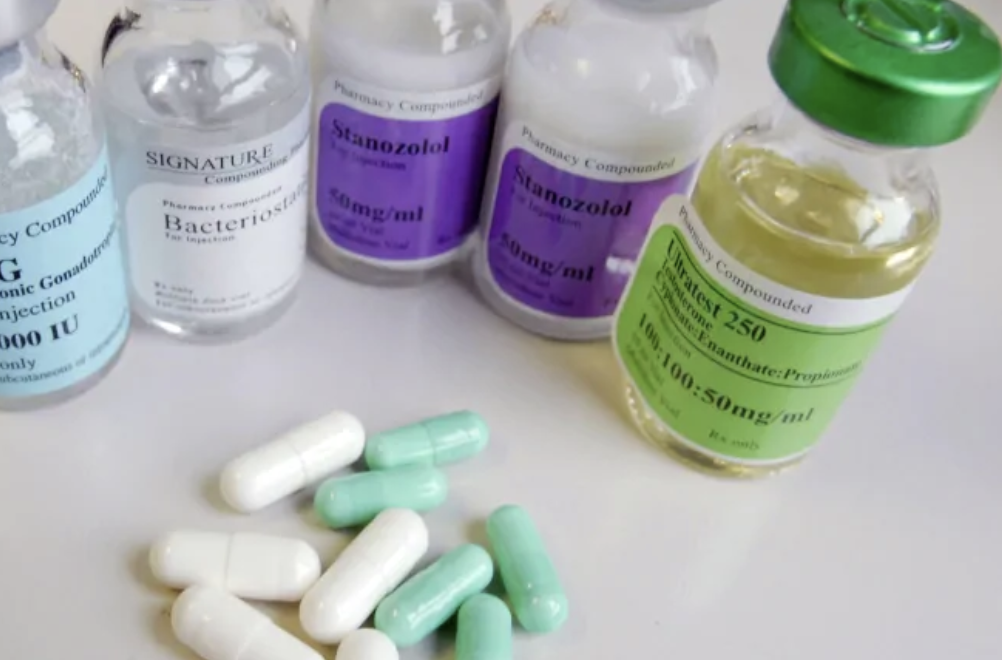Effects
Anabolic steroids are primarily used for athletic performance enhancement. The drugs are not necessarily used to achieve a “high”, but rather to push the limits of the body farther than a person could do naturally. Increasing muscle mass, endurance, and post-workout recovery are some of the desired physical effects, as well as the effects it has on the digestive system (faster metabolism) and libido (higher sex drive). Some people also describe psychological effects from consuming the drug, such as euphoria, feeling powerful, and energetic (CAMH, 2012).
MENTAL Effects include:
Physical effects include:
Increased muscle mass
Increased endurance
Post-workout recovery
Faster metabolism
Side effects and cautions
Taking steroids can have negative psychological effects on an individual (the severity is dependent on their biology), ranging from irritability, anxiety, hostility, mood swings, manic symptoms, and paranoia, especially when taken at higher doses (CAMH, 2012).
High Doses
High doses, especially when taken orally, cause nausea, vomiting and gastric irritation. Other effects include fluid retention and trembling (CAMH, 2012). High doses can also increase the risk of enlargement and abnormalities of the heart, blood clots, heart attack, aggression, and violence (“roid-rage”), liver enlargement and liver cancer, reduced fertility in women and men, and depression persisting for up to a year after stopping drug use (CAMH, 2012).
Long-term effects
When taken for long periods of time without taking adequate breaks (known as cycling), the consumption of exogenous testosterone (outside of the body) will affect the hormonal system of an individual. This causes the hormonal system to significantly decrease or stop producing endogenous testosterone (inside of the body), meaning that if the individual were to stop taking steroids, the body would be unable to produce the hormone, resulting in biological problems.





